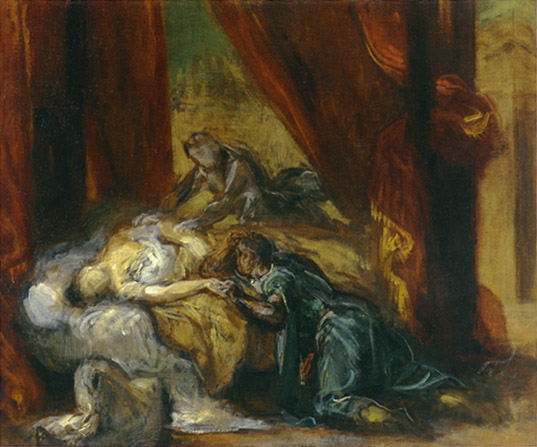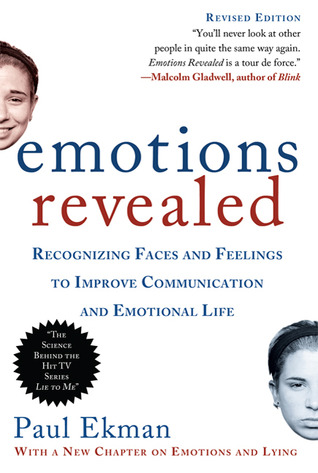#1: Best Of The Mr. Media Training Blog 2014
This post, “Why You Should Avoid Othello’s Error,” was published on April 3, 2014.
In Shakespeare’s Othello, Othello is tricked into believing that his wife, Desdemona, cheated on him with his Lieutenant. When he confronts Desdemona, she weeps—a sign, Othello concludes, of her guilt. In a rage, Othello murders her, only to learn shortly thereafter that she hadn’t committed adultery after all.
Othello made the mistake of assuming that he understood the source of Desdemona’s anguish. He assumed that his wife’s sobs when confronted were a sign of her guilt; he didn’t understand that her grief was rooted not in guilt, but in her knowledge that there was no way to convince her husband of her innocence.
That tragic mistake—what psychologist Paul Ekman dubbed “Othello’s Error”—teaches us that just because someone exhibits an emotion doesn’t mean we understand the root cause. “Emotional signals don’t tell us what brought them forth,” Ekman writes in Emotions Revealed.
As an example, let’s say you’re about to deliver a talk and you’re feeling nervous about the proposal you have to present. You believe that a few people in the room actively oppose your idea, so you’ve prepared rebuttal arguments just to be safe.
During your presentation, you notice a man in the front row—a key decision-maker—who’s furrowing his brow and crossing his arms. He looks unhappy with your proposal, confirming your worst fears.
At the end of your talk, he approaches you to thank you for your talk and ask you a question about how he can follow up with you. “I’m surprised you’re interested,” you say. “I was convinced that you didn’t like my proposal because you looked skeptical.” “Nah,” he says. “My wife tells me I look that way when I’m thinking. I thought your proposal made sense all along.”
That type of scenario happens all the time. And it happens, in part, because we’re conditioned to see that which we expect. According to Dr. Ekman:
“Our emotional state, our attitudes, our expectations, what we want to believe, even what we don’t want to believe can all bias how we interpret an expression or more specifically what we think caused the emotion shown by the expression.”
In other words, if we’re nervous about an audience when presenting, we’re more likely to interpret a man’s “thinking” face as his “disgusted” face. We’re more likely to assume that his seemingly disinterested expression means that we’ve failed to persuade him. We’ve committed Othello’s Error.
Othello’s Error doesn’t mean you should stop trying to read your audiences. You can often glean important clues about their moods and attitudes by remaining attentive to nonverbal cues. But it does suggest that before solidifying any assumption that they’re against you, you should ask a clarifying question instead (“It looks like a lot of people are thinking hard about this proposal. May I ask what you’re thinking about or what questions you might have?”).




